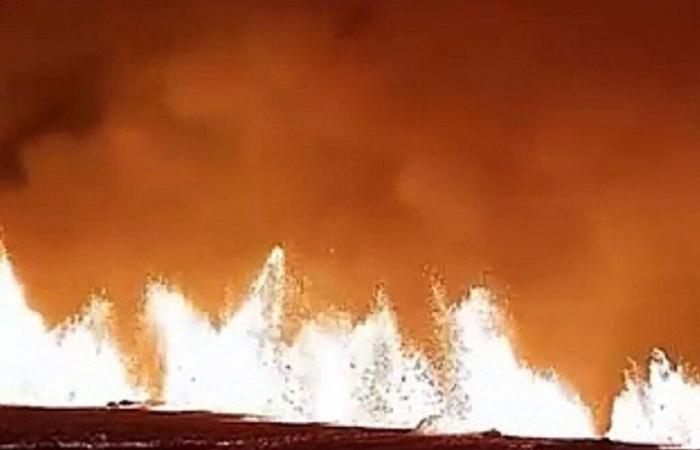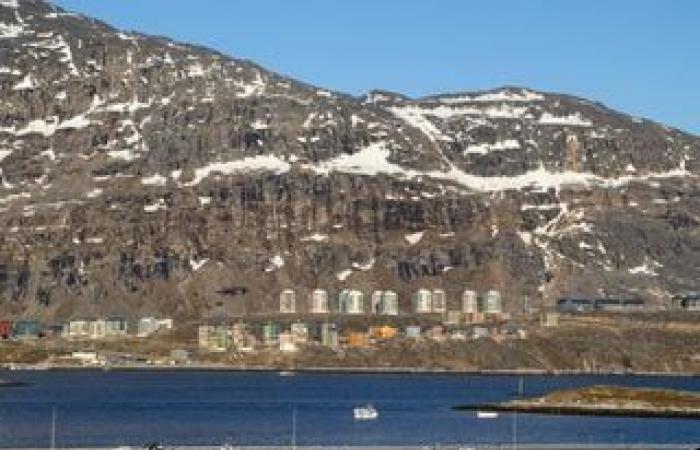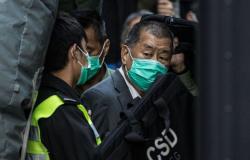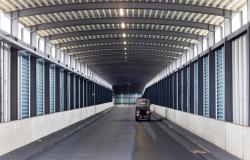The seventh fissure eruption in less than a year began a few hours ago in the Svartsengi volcanic system in Iceland. Spectacular videos of the eruption and the situation.
Last night, a new spectacular volcanic eruption has started in Iceland, in the Reykjanes peninsula, near the town of Grindavík. This is the seventh eruption to occur in this region in less than a year, since the first episode on December 18. The eruption, which began at 11:14 p.m. on November 20, is concentrated along a spectacular eruptive fissure from which lava fountains gush, in what is known as the Svartsengi volcanic system.
It is precisely for this characteristic that this type of volcanic activity is described as “fissural”, because it does not occur at a well-defined point but along a fracture which, in this case, extends for hundreds of meters.
Spectacular fissure eruption in Iceland
In the videos broadcast in recent hours, you can admire the spectacular lava fountains rising along the wide fissure. No particular damage was reported in this largely uninhabited area. According to the Icelandic Met Office, activity is currently focused on a 600 meter section of the volcanic fissure, while during the last eruptions, the lava escaped over the entire 3 kilometers of the fissure, forming a real wall of lava. It is therefore a more modest eruption compared to previous ones.
The lava that has been escaping for hours forced the evacuation of Grindavík, the small village which, since December 2023, has been evacuated several times due to frequent eruptions. The nearby Svartsengi geothermal power plant as well as the Blue Lagoon, one of Iceland's most famous tourist attractions, were also evacuated.
Although it is only 20 km north of the eruption site, Keflavik International Airport, Iceland's main international airport, remains open and flights continue to arrive and depart.
As also happened during other eruptions in recent months, the lava crossed the Grindavík road around 4:30 this morning and, by 8 a.m., reached the pipes carrying the hot water, known as the Njarðvík Line.
The eruption that began today is the umpteenth in a few months in Iceland, a country located on volcanic territory because it sits astride the mid-Atlantic ridge, a fissure in the ocean floor that marks the boundary between the Eurasian and North American tectonic plates.
How long will the rash last?
The Icelandic Meteorological Office has informed the public that the eruption does not appear to be as intense as those that have occurred in recent months and added that it is very likely that there will be no increase in activity.
Before the eruptions of recent months, the Svartsengi volcanic system, north of Grindavik, had been inactive for around 780 years. The volcano is located a few kilometers west of Fagradalsfjall, which had remained dormant for 6,000 years before waking up in March 2021.
What is a fissural (or linear) eruption?
These are volcanic eruptions that occur when magma escapes along fissures. From these fractures, often linear, lava flows without forming the typical volcanic cones. These cones are in fact generated by an eruption localized at a specific point. In Iceland, this type of linear eruptions is relatively common.








